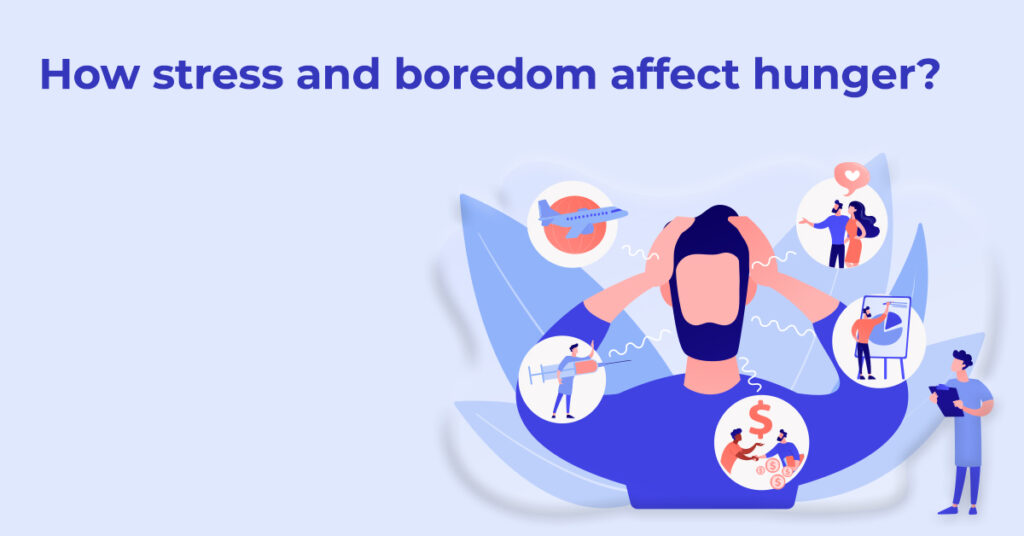There is a lot of truth behind the expression “stress eating.” Stress, the chemicals it releases, and the impacts of high-fat, sweet “comfort food sources” push individuals toward gorging. Scientists have connected weight gain to pressure, and as per an American Psychological Association study, around one-fourth of Americans rate their feeling of anxiety as at least 8 on a 10-point scale.
For the time being, stress can close down hunger. The sensory system sends messages to the adrenal organs on the kidneys to siphon out the chemical epinephrine (otherwise called adrenaline). Epinephrine helps trigger the body’s battle or-flight reaction, a fired-up physiological expression that briefly requires eating to be postponed.
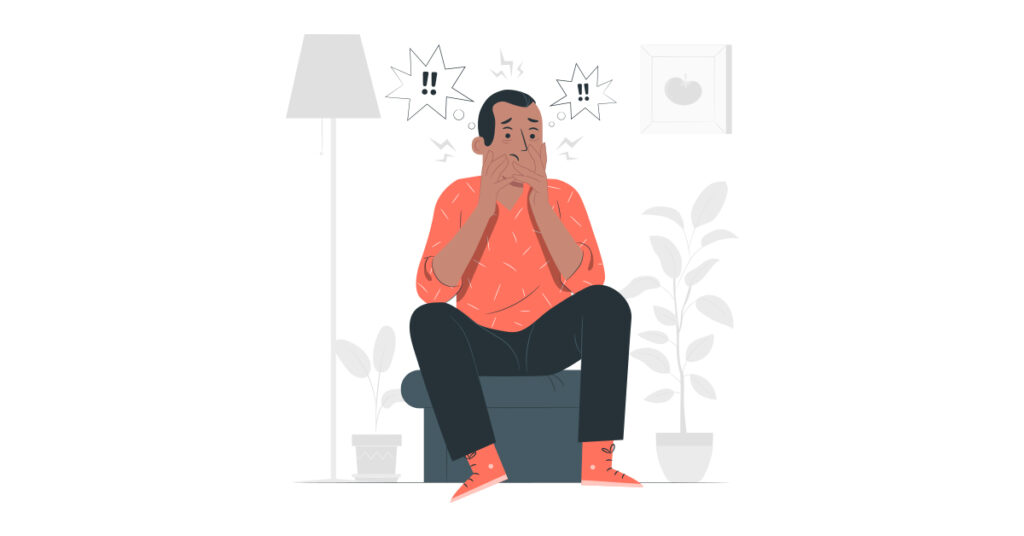
However, on the off chance that pressure continues, it’s an alternate story. The adrenal organs discharge another chemical called cortisol, and cortisol expands craving and may likewise increase inspiration as a rule, including the inspiration to eat. When an upsetting scene is finished, cortisol levels should fall, however in the event that the pressure doesn’t disappear — or if an individual’s pressure reaction stalls out in the “on” position — cortisol may remain raised.
Stress eating, chemicals, and craving
Stress likewise appears to influence food inclinations. Various investigations — without a doubt, a large number of them in creatures — have shown that physical or passionate misery expands the admission of food high in fat, sugar, or both. High cortisol levels, in the mix with high insulin levels, might be dependable. Another examination recommends that ghrelin, a “hunger chemical,” may have a job.
When ingested, fat-and sugar-filled food sources appear to have an input impact that hoses pressure-related reactions and feelings. These food sources truly are “comfort” food sources in that they appear to neutralize pressure — and this may add to individuals’ pressure instigated desire for those food varieties.
Obviously, indulging isn’t the lone pressure-related conduct that can add pounds. Focused on individuals likewise lose rest, practice less, and drink more liquor, all of which can add to overabundance weight.
For what reason do individuals stress eat?
Some examination proposes a sexual orientation distinction in pressure adapting conduct, with ladies being bound to go to food and men to liquor or smoking. Furthermore, a Finnish report that included more than 5,000 people showed that heftiness was related to pressure-related eating in ladies however not in men.

Harvard specialists have revealed that pressure from work and different kinds of issues connected with weight acquire, however just in the individuals who were overweight toward the start of the investigation time frame. One hypothesis is that overweight individuals have raised insulin levels, and stress-related weight acquisition is bound to happen within the sight of high insulin.
How much cortisol individuals produce because of stress may likewise factor into the pressure weight acquired condition. In 2007, British specialists planned a bright investigation that showed that individuals who reacted to pressure with high cortisol levels in an exploratory setting were bound to nibble because of day-by-day bothers in their customary lives than low-cortisol responders.
Plan what you will eat every day and generally when
A commonplace everyday eating plan incorporates three fundamental suppers and one to three little better tidbits, spread uniformly throughout the day. Have a thought of what you will eat at these suppers. Registration with how hungry you are (see point 5 underneath), particularly in case you’re not as dynamic of course and make changes to divides where required.
Utilize the 4 D’s
The 4Ds is a strategy used to lessen urges when stopping smoking: be that as it may, it very well may be applied along these lines to decrease the inclination to eat when you’re not genuinely ravenous.
The 4Ds are: Delay, Deep Breathing, Distract, and Drink Water.
Deferral: Delay the beginning of eating, eg, request that yourself stand by five to 10 minutes. By that point, the desire may have proceeded onward.
Profound breathing: When you want to go to the washroom, take 10 full breaths in and out in advance.
Occupy: Find another help or another thing to do eg, take a stroll outside, hang out the washing, call a companion, read a book.
Drink water: Have a hydrating glass of water before you eat.
Try not to eat before a screen
In case you’re eating before the TV (or PC, or cell phone, so far as that is concerned), odds are you’re focusing closely on what’s going on the screen as opposed to the food you’re placing in your mouth. We will in general eat all the more carelessly before the TV, which means we try to ignore the demonstration of sustaining our bodies with food and don’t taste and experience the food as much since we are occupied. This makes food less fulfilling, yet it makes it simpler to miss signs that you have eaten enough, for example, feeling that your stomach is getting full.
Focus on the food you see first when you open the cooler or pantry to be solid alternatives like the new organic products, vegetables, whole grain wafers, yogurt, and unsalted nuts. It can assist with keeping some pre-arranged cut-up products of the soil in the refrigerator so when you need a tidbit, the sound alternative is a simple and quick choice.
Bread rolls, lollies, chocolate, chips, frozen yogurts, and other high-energy, supplement poor profoundly handled food sources can turn into the ‘simple alternative’ since they take little arrangement. They’re not difficult to such an extent that you may end up eating a few while gazing into the refrigerator or storeroom contemplating what to eat. To diminish the admission of these food varieties (which whenever eaten a lot of cans debilitate your body), it very well may be useful to have them far away, or even purchase less of them.
Rate your yearning
A yearning scale can assist you with figuring out how to differentiate between an actual craving and ‘eager for non (mental) hunger that is maybe more about enthusiastic help needs or fatigue. Mental appetite can be a craving to eat brought about by considerations, a circumstance, feelings – like pressure, fatigue, bitterness, or satisfaction. At the point when you feel hungry despite the fact that you as of late ate, verify whether what you’re feeling is actually an appetite welcomed on by something mental.
At the point when you begin feeling like you need something to eat, give rating your craving a shot size of one to 10, with one being starving and 10 being so full you feel debilitated. A rating of five or six methods you’re agreeable, neither too hungry nor excessively full. It’s ideal to eat when your appetite is at three or four; and to stop when it arrives at five or six.
Become acquainted with your weariness or stress signals
When you begin tuning into valid, actual craving it will get simpler to recognize your fatigue or stress-initiated ‘needing to eat’ prompts, and the occasions that you are taking part in weariness or stress-actuated eating. For instance, is it when you’re accomplishing specific work undertakings, is it while you plan supper or when sitting in front of the TV in the evening, or when you are worn out and don’t feel like you can pause and rest. Assuming you can distinguish when it occurs, you can address it next time it occurs and maybe utilize another help all things considered, for example, having a rest, doing a few stretches, taking a meander outside, or calling a companion.
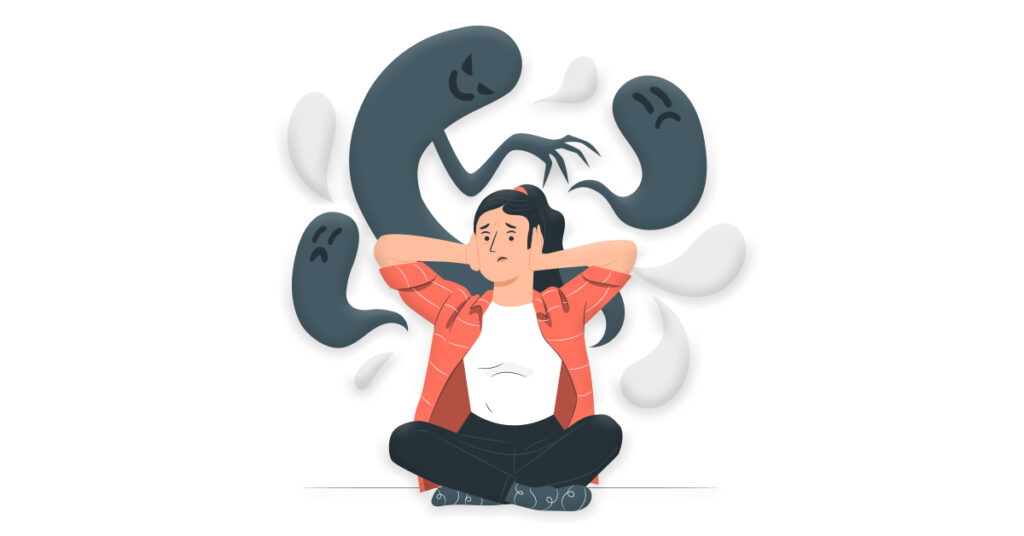
Keeping your hands and psyche loaded up with different things
Keeping your hands occupied is an extraordinary method to move your musings from eagerness for non eating and to remain at the time. Exercises like cultivating, playing with your pet, weaving, creates, perusing a book or magazine, tuning in to music or a digital broadcast, contemplation, pressing a pressure ball, doing Theraband works out, playing a game of cards or a tabletop game, and getting things done around the house like collapsing washing, vacuuming and pressing.
Dodge alarm purchasing more food than you need
It very well may be enticing to load up or alarm purchase more than expected during these exceptional occasions. Having more food than expected in the house can be risky for certain individuals, especially if pantries are loaded with high-energy, supplement poor, prepared food sources.
Intend to keep your storeroom loaded with nutritious rack stable food sources like vegetables, whole grain pasta, lower glycaemic record (GI) rice, quinoa, oats, canned fish, high fiber oats, canned products of the soil, whole grain crispbreads, and saltines. Freeze whole grain bread, lean meat, chicken, and fish; and frozen natural product alternatives (eg bananas, berries) that are incredible in smoothies.
Recollect that there’s no compelling reason to purchase out the stock at your neighborhood supermarket. There’s no sign from food retailers that there are supply issues. It’s additionally critical to consider the requirements of others and not overbuy.
The physical effect of pressure
There are likewise some Physical reasons why stress and compelling feelings can make an individual gorge:
High cortisol levels: Initially, stress makes the craving decline so the body can manage the circumstance. In the event that the pressure doesn’t ease up, another chemical called cortisol is delivered. Cortisol expands hunger and can make somebody gorge.
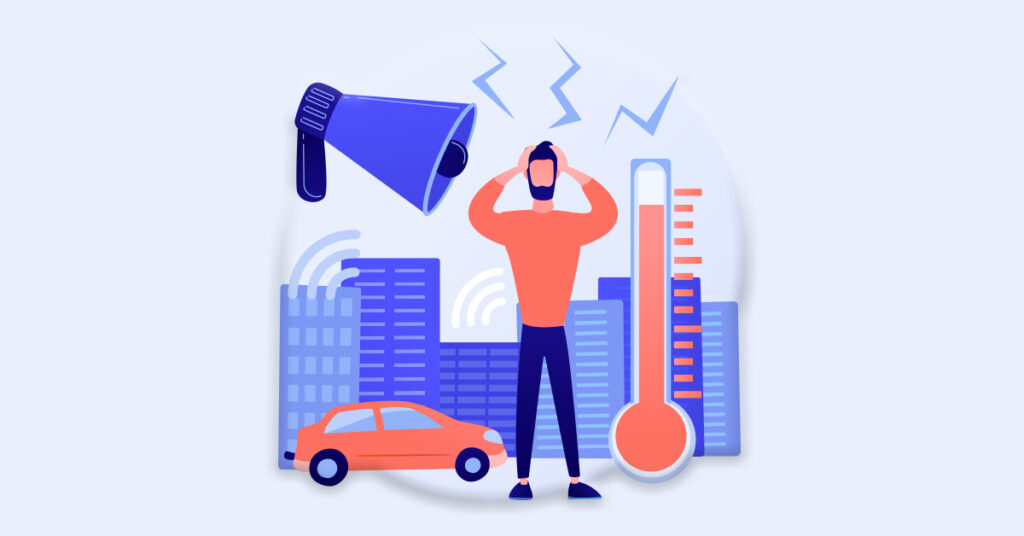
Yearnings: High cortisol levels from pressure can expand food longings for sweet or greasy food sources. Stress is likewise connected with expanded yearning chemicals, which may likewise add to desires for unfortunate food varieties.
Sex: Some exploration shows that ladies are bound to utilize food to manage pressure than men are, while men are almost certain that ladies smoke or utilize liquor.
The most effective method to soothe pressure without gorging
At the point when stress influences somebody’s craving and waistline, the individual can prevent further weight acquired by freeing the cooler and cabinets of high-fat, sweet food varieties. Keeping those “comfort food sources” helpful is simply welcoming difficulty.
Here are some different ideas for countering pressure:
Meditation. Incalculable examinations show that reflection diminishes pressure, albeit a significant part of the exploration has zeroed in on hypertension and coronary illness. Meditation may likewise assist individuals with getting aware of food decisions. With Yoga Services, an individual might have the option to focus harder on the motivation to get fat-and sugar-stacked solace food and hinder the drive.

Exercise. While cortisol levels change contingent upon the power and length of activity, by and large exercise/Yoga Services can dull a portion of the negative impacts of pressure. A few exercises, like yoga and judo, have components of both exercise and reflection.
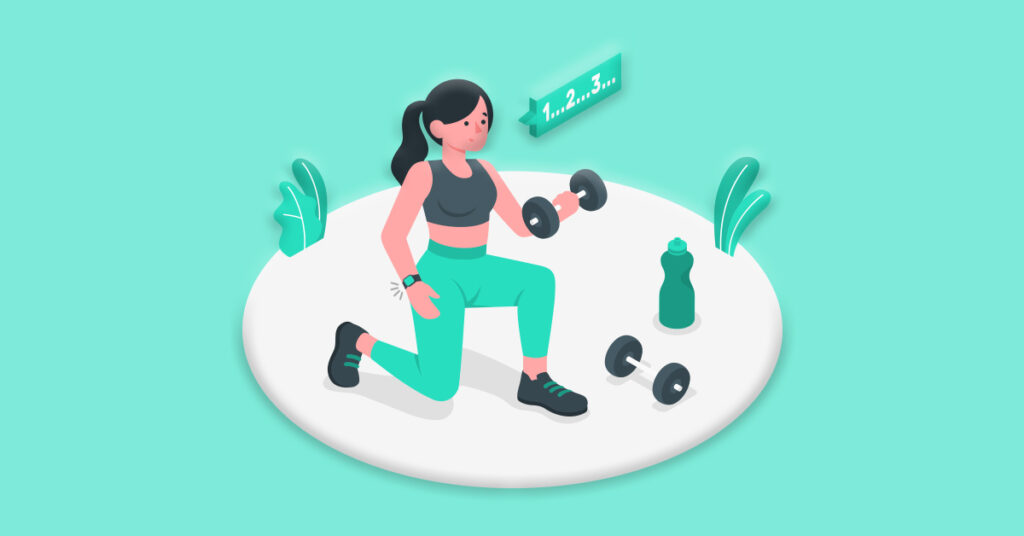
Set up your current circumstance for progress : Put enticing food varieties behind shut cupboards or down high where you’re not as prone to see them. Conversely, store good food varieties in transparent holders. It might sound senseless, however research discovers keeping better food on display and less-solid treats far away can assist you with picking better alternatives all the more much of the time. You probably won’t have the option to control the way that you’re focused, however you can establish a climate where you’re less inclined to go to food.
Social help. Companions, family, and different wellsprings of social help appear to have a buffering impact on the pressure that individuals experience. For instance, Health Care Services, proposes that individuals working in distressing circumstances, similar to medical clinic crisis offices, have better psychological well-being on the off chance that they have sufficient social help. However, even individuals who live and work in circumstances where the stakes aren’t as high need assistance every now and then from loved ones.
CONCLUSION
We eat for various reasons—stress, weariness, actual yearning, and desires. None of these reasons aren’t right, however, according to Health Care Services, they can prompt weight gain and medical problems if food is your solitary way of dealing with stress. Before you put food in your mouth, pause and inquire as to why you’re eating. On the off chance that this is on the grounds that you’re focused or exhausted, eat a limited quantity, proceed onward, and find different exercises to alleviate pressure or keep you involved. Or on the other hand skip eating the limited quantity and go get another thing to do, returning to eat when you feel genuinely eager.
Read This Blog: How does Sleep affect our Heart Rate?

